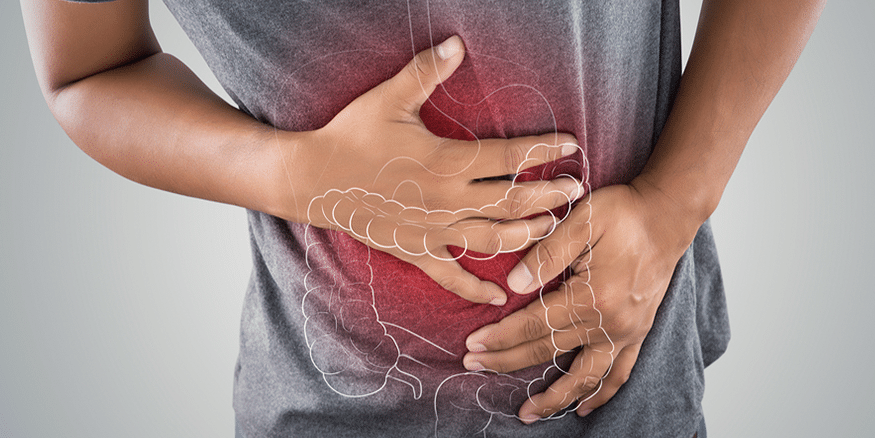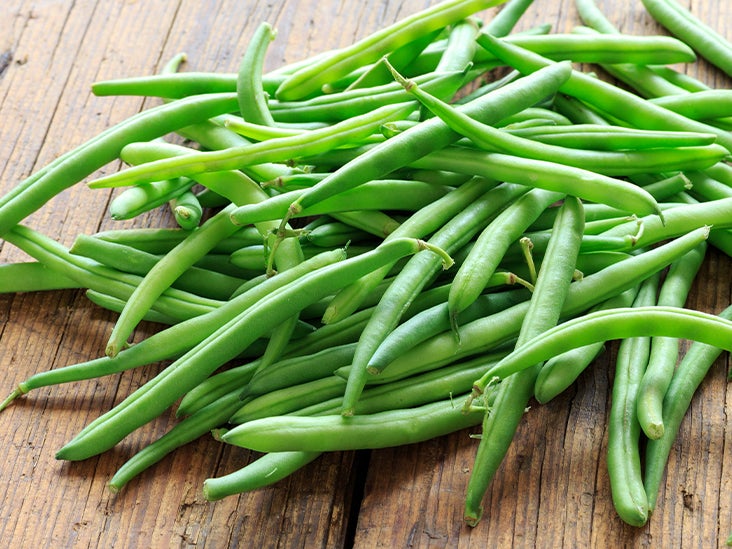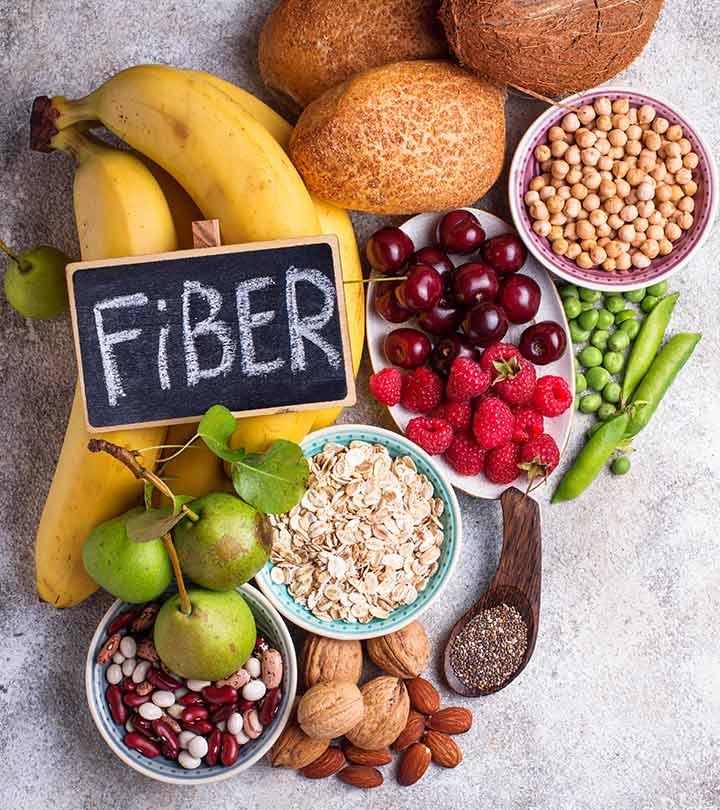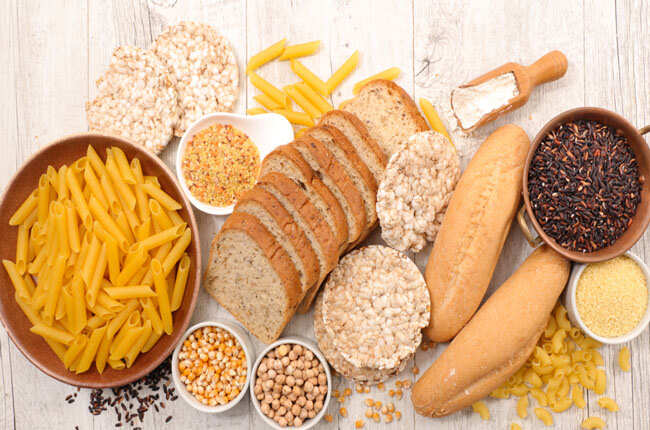Are you suffering from constipation and looking for relief?
Taking laxatives can help you get instant relief but will not help in the long term. So, it’s better to look for a dietary supplement. Let us check them.
What is constipation?
Constipation happens when you have fewer than three bowel motions per week or stool movements that are difficult to clear. This might result in a lot of straining and time spent on the toilet. Constipation has a variety of reasons, and it is usually seen as a symptom of an underlying problem rather than a condition. Constipation can be caused by dehydration or eating meals with insufficient fiber. Constipation can also be caused by stress, hormonal changes, spinal injuries, muscular difficulties, malignancies, and anatomical disorders affecting the digestive tract.
Constipation symptoms include:
- Stools that are hard, dry, or lumpy Stools that resemble little stones or pebbles
- Bowel movement pain and discomfort
- The feeling of being unable to adequately empty the bowels a decrease in appetite due to a constant feeling of fullness
- A slightly enlarged stomach

What are the foods to try?
BEANS
Beans have more than 10 grams of fiber per cup serving, which is more than any other fiber food. Beans offer a good balance of soluble and insoluble fiber, which helps food move through the intestines and ease constipation.

KIWI
The kiwi’s beautiful green flesh might be precisely what the doctor prescribed for constipation treatment. One medium kiwi contains around 2.5 grams of fiber as well as other vitamins and minerals essential for optimum health, including the intestines. A kiwi is a kind of berry. It also has edible seeds, like most berries. Although the peel may be eaten, most people choose to consume only the meat. A 2013 adult research published in Advances in Food and Nutrition Research discovered that eating kiwi enhances regular bowel motions. A previous study conducted by Taipei researchers discovered that eating two kiwis per day enhanced the number of bowel movements in persons with constipation.

PLENTY OF WATER
To help the fiber work better, consume water and other liquids such as naturally sweetened fruit and vegetable juices and clear soups. This modification should soften and make your stools easier to pass. Drinking plenty of water and other liquids is another approach to staying hydrated. Staying hydrated is beneficial to your overall health and can help you avoid constipation. Ask your doctor how much fluids you should drink each day based on your size, health, activity level, and location.

FIBER-RICH FOODS
Adults should consume 22 to 34 grams of fiber per day, depending on their age and gender. Because they may lose interest in eating, older folks may not consume enough fiber. Consult a health care expert, such as a nutritionist, to help you plan meals with the appropriate amount of fiber. Make careful to incorporate fiber into your diet gradually so your body gets adjusted to the change.
Fiber-rich foods include entire grains (whole wheat bread and pasta, oatmeal, and bran flake cereals) fruits and vegetables such as berries, apples with the skin on, oranges, and pears legumes such as lentils, black beans, kidney beans, soybeans, and chickpeas as well as nuts like almond, flax seeds, etc.

Foods to avoid to prevent constipation
ALCOHOL
Alcohol is often considered a possible cause of constipation. Because excessive alcohol consumption can increase the number of fluids lost through urine, resulting in dehydration. Poor hydration, whether from not drinking enough water or from losing too much of it through urine, is frequently associated with an increased risk of constipation. Unfortunately, no studies on the direct relationship between alcohol use and constipation could be located. Furthermore, some people report having diarrhea rather than constipation following a night of drinking. It is probable that the effects will differ from person to person. Those who want to avoid the potentially dehydrating and constipating effects of alcohol should try to balance each serving with a glass of water or another non-alcoholic beverage.
:no_upscale()/cdn.vox-cdn.com/uploads/chorus_image/image/59499143/GettyImages_565954723.0.jpg)
GLUTEN-CONTAINING FOODS
Gluten is a protein present in wheat, barley, rye, spelt, Kamut, and triticale cereals. Some people may have constipation after eating gluten-containing meals. Some folks are also gluten intolerant. This is referred to as gluten intolerance or celiac disease. When a person with celiac disease consumes gluten, their immune system assaults their intestines, causing serious damage. As a result, those suffering from this condition must adhere to a gluten-free diet.

FINAL WORDS
Constipation is an unpleasant and rather common ailment. If you suffer from constipation, you can improve your digestion by following a few easy dietary modifications. Begin by avoiding or minimizing your consumption of constipating foods, such as those mentioned above. If you’re still having problems after limiting your intake of constipating foods, consult with your doctor about additional lifestyle and dietary changes.

